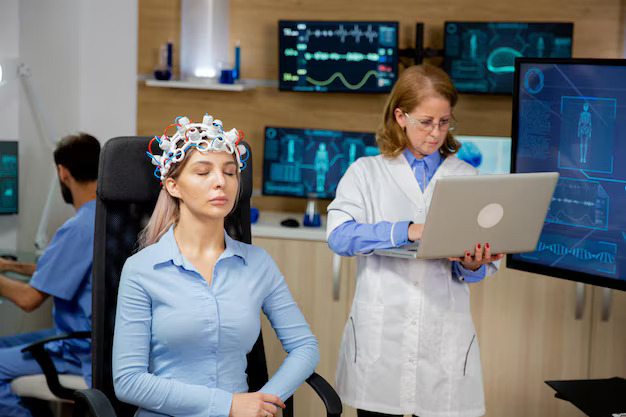10 AI Healthcare Trends to Watch in 2025 and Beyond
10 AI trends redefining healthcare in 2025—boosting care, slashing burnout, and saving lives fast!
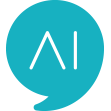

The healthcare industry stands at the precipice of a technological revolution. As we advance through 2025, artificial intelligence is no longer a futuristic concept but a transformative reality reshaping how we diagnose, treat, and manage health conditions.
The AI in healthcare industry is experiencing unprecedented growth, with the generative AI in healthcare market valued at USD 1.59 billion in 2023 and projected to reach USD 23.07 billion by 2033—representing a remarkable 34.62% compound annual growth rate.
This explosive growth comes at a critical time when 49% of doctors experienced burnout in 2024, with 62% attributing this to administrative work. The convergence of advanced algorithms, massive datasets, and computing power is creating solutions that not only address these challenges but fundamentally reimagine healthcare delivery.
.png)
1. Generative AI Powers Next-Generation Clinical Documentation
Generative AI is transforming clinical documentation by converting physician-patient conversations into structured medical records using advanced natural language processing. AI-powered systems with Large Language Models generate accurate clinical notes, discharge summaries, and treatment plans in real time while ensuring HIPAA compliance.
Healthcare organizations using AI scribes report a 64.76% reduction in paperwork time and a 37.1% improvement in clinical decision-making accuracy.
Mount Sinai’s AI-assisted radiology boosts imaging efficiency, notably for COVID-19 detection. These models understand medical abbreviations, extract clinical codes, and simplify medical terms for patients—streamlining patient histories into cohesive, coordinated narratives that enhance care delivery.
How Generative AI is Finally Giving Healthcare Workers Their Lives Back. Read more here!
2. Precision Medicine Enhanced by AI-Driven Genomic Analysis
The precision medicine market, valued at USD 90.47 billion in 2025 and projected to reach USD 154.91 billion by 2032, is rapidly evolving through AI-driven genomic analysis.
AI processes whole-genome data in minutes, identifying disease-linked mutations and predicting drug responses—cutting adverse reactions by up to 30% in clinical trials.
Tempus AI exemplifies this shift, using AI to deliver personalized diagnostics and treatment in oncology, cardiology, and depression. AI-integrated companion diagnostics enable targeted therapies that attack disease cells while sparing healthy ones, significantly improving cancer treatment outcomes and reducing side effects compared to traditional chemotherapy.
3. Autonomous AI Agents Streamline Healthcare Operations
The emergence of agentic AI represents a paradigm shift from reactive to proactive healthcare management. These Autonomous AI agents are transforming healthcare operations by proactively managing workflows without constant human input. These systems can schedule surgeries, manage medication inventory, coordinate multi-provider care, and predict equipment maintenance needs.
Hospitals using AI agents report a 38.1% boost in administrative task completion and a 29.5% reduction in routine work time. The Mayo Clinic’s AI-driven surgical scheduling system cut physician overtime by 10% and improved resource use.
Companies like Hippocratic AI and Isaree are building end-to-end platforms to streamline care coordination, optimize scheduling, and enhance communication across providers—marking a shift toward fully connected, efficient healthcare ecosystems.
4. Advanced Diagnostic AI Surpasses Human Accuracy
AI-powered diagnostics are surpassing human accuracy in key areas, with medical imaging AI achieving 94% accuracy in detecting lung nodules—far above radiologists’ 65%.
The FDA has approved over 1,000 AI medical devices, expected to exceed 1,500 by the end of 2025. Advanced neural networks now detect diseases like diabetic retinopathy, breast cancer, and neurological disorders.
AI excels in radiology, pathology, ophthalmology, and dermatology, improving diagnostic speed and consistency. The UK’s NHS uses AI to diagnose skin cancer with 99.9% accuracy, processing smartphone images in five minutes—vital for underserved regions with limited access to specialists.
Study Suggests Physician's Medical Decisions Benefit from Chatbot Integration. More here!
.png)
5. Multimodal AI Integration Creates Comprehensive Patient Analysis
Multimodal AI, which processes text, images, audio, and video simultaneously, is enabling more comprehensive patient analysis.
These systems detect neurological conditions through speech patterns, monitor mobility and fall risk via video, and combine wearable data with clinical records to generate personalized health insights. This approach is especially impactful in mental health, where AI evaluates tone, facial expressions, and speech to assess emotional states and risks.
Generative AI platforms using multimodal inputs support treatment of anxiety, depression, and PTSD. By delivering holistic assessments, these technologies are advancing precision care and enhancing early detection across diverse healthcare domains.
6. Real-Time Predictive Analytics Prevent Medical Emergencies
Real-time predictive analytics, powered by machine learning, are shifting healthcare from reactive to proactive care. AI models now predict sepsis six hours before clinical detection and monitor heart failure risks through wearable devices. Algorithms also assess readmission risk by analyzing clinical, social, and compliance data.
The UK’s NHS uses the Aire-DM tool to predict type 2 diabetes up to 13 years in advance from ECG data, enabling early intervention.
Hospitals adopting predictive analytics report up to 50% reductions in readmissions for chronic conditions, along with improved outcomes and cost efficiency—highlighting AI's growing role in preventive healthcare.
7. Robotic Surgery Enhanced by AI Precision
AI-powered surgical robotics are transforming minimally invasive procedures by enhancing precision and surgical outcomes.
The da Vinci Surgical System, used in over 10 million procedures, leverages AI for real-time guidance and improved dexterity. Key features include computer vision to identify anatomy and complications, predictive modeling for optimal surgical approaches, tremor reduction for steadier movements, and automated suturing.
Studies show AI-assisted surgeries lead to shorter recovery times, fewer complications, and better results than traditional methods. The MAKO Robotic System, used in joint replacements, creates 3D models to guide implant placement, improving accuracy and long-term patient outcomes significantly.
8. LLM-Powered Drug Discovery Accelerates Development
Large Language Models (LLMs) are transforming drug discovery by rapidly analyzing scientific literature and predicting effective compounds. AI platforms process millions of molecular combinations, identify drug-target interactions, simulate clinical trials, and predict adverse reactions. The first AI-designed drug molecule, for obsessive-compulsive disorder, was patented in 2020.
AI is cutting drug development timelines by 30–50% and improving success rates in an industry where 90% of candidates traditionally fail.
Machine learning now identifies viable compounds in weeks, not years, enabling faster, cost-efficient development. These advancements are streamlining pharmaceutical research and accelerating the delivery of life-saving medications to market.
Recent News: Large Language Models Surpass Human Experts in Predicting Neuroscience Results. Read here!
9. Ambient Computing Transforms Patient Monitoring
Ambient computing is revolutionizing patient monitoring by enabling continuous data collection without active patient input. These systems use IoT sensors, AI analytics, and computer vision to monitor real-time patient status.
Applications include smart hospital rooms tracking vital signs and environment, fall detection systems that alert staff instantly, AI-driven medication adherence monitoring, and remote monitoring via wearables and implants.
The global AI in patient management market is projected to grow at a 24.51% CAGR from 2023 to 2031.
Hospitals using ambient technologies report improved patient safety and reduced staffing needs for routine monitoring, enhancing both care efficiency and operational effectiveness.
10. Cybersecurity AI Protects Healthcare Data Integrity
AI-powered cybersecurity is essential for protecting healthcare data as digital systems face rising threats, particularly ransomware targeting hospitals. Advanced AI tools offer anomaly detection, behavioral analysis, automated threat response, and predictive threat modeling to defend against breaches.
The Advanced Research Projects Agency for Health (ARPA-H) launched the $50 million DIGIHEALS program to develop real-time platforms that evaluate 2.3 million security incidents daily. Its goal is a 90% reduction in critical vulnerability resolution time using machine learning-based patching.
These AI systems ensure data integrity, uninterrupted care, and faster responses to evolving cyber threats in an increasingly digitized healthcare environment.
Looking Ahead
The trajectory of AI in healthcare industry development suggests even more revolutionary changes ahead. Quantum computing integration promises to accelerate drug discovery and enable complex molecular simulations currently impossible with traditional computing power. Edge computing will enable real-time AI analysis at the point of care, reducing latency and improving patient outcomes.
The convergence of these AI trends is creating a healthcare ecosystem that is more predictive, personalized, and efficient than ever before. As we advance through 2025 and beyond, the successful integration of these technologies will depend on addressing challenges related to data privacy, algorithmic bias, and ensuring equitable access to AI-powered healthcare innovations.
Healthcare organizations that strategically implement these AI trends while maintaining focus on patient-centered care will be positioned to thrive in this transformed landscape, delivering better outcomes at lower costs while creating more satisfying experiences for both patients and healthcare providers.
Transform Your Healthcare Organization with AI-Powered Solutions
As healthcare continues its digital transformation through generative AI and LLM technologies, implementing the right AI infrastructure becomes critical for staying competitive. Makebot, Korea's leading AI solutions provider trusted by over 1,000 clients and serving more than 1 million users monthly, specializes in healthcare-specific AI implementations.
Why Healthcare Leaders Choose Makebot:
- Healthcare-Specialized LLM Solutions
- Advanced RAG Technology
- Seamless Integration
- Proven Healthcare Success
Ready to revolutionize your healthcare operations with AI? From clinical documentation automation to patient engagement chatbots, Makebot delivers enterprise-grade AI solutions that reduce administrative burden while improving patient outcomes.
Get Started Today:
- Website: makebot.ai
- Healthcare AI Inquiries: b2b@makebot.ai

Studies Reveal Generative AI Enhances Physician-Patient Communication



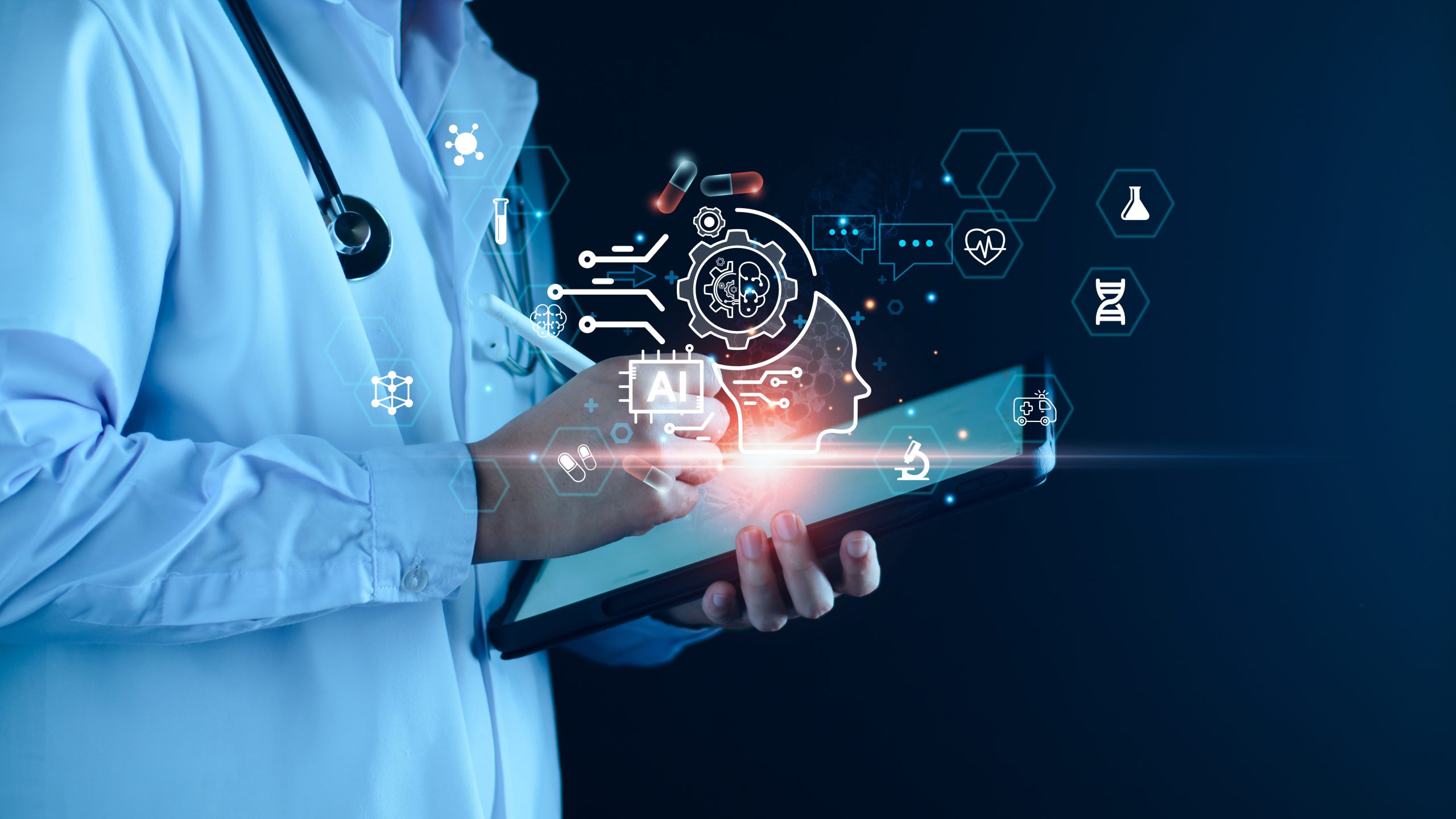




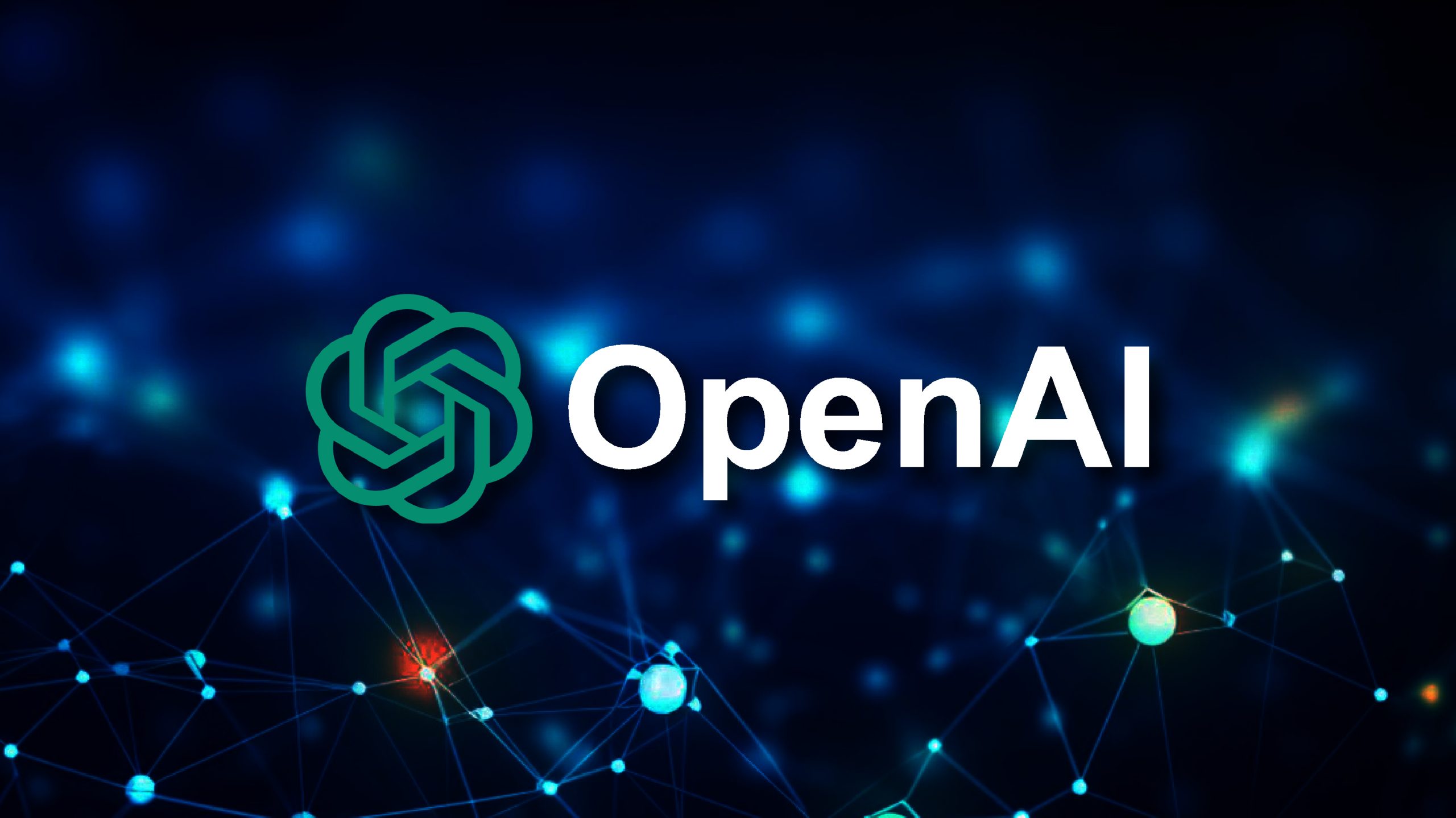



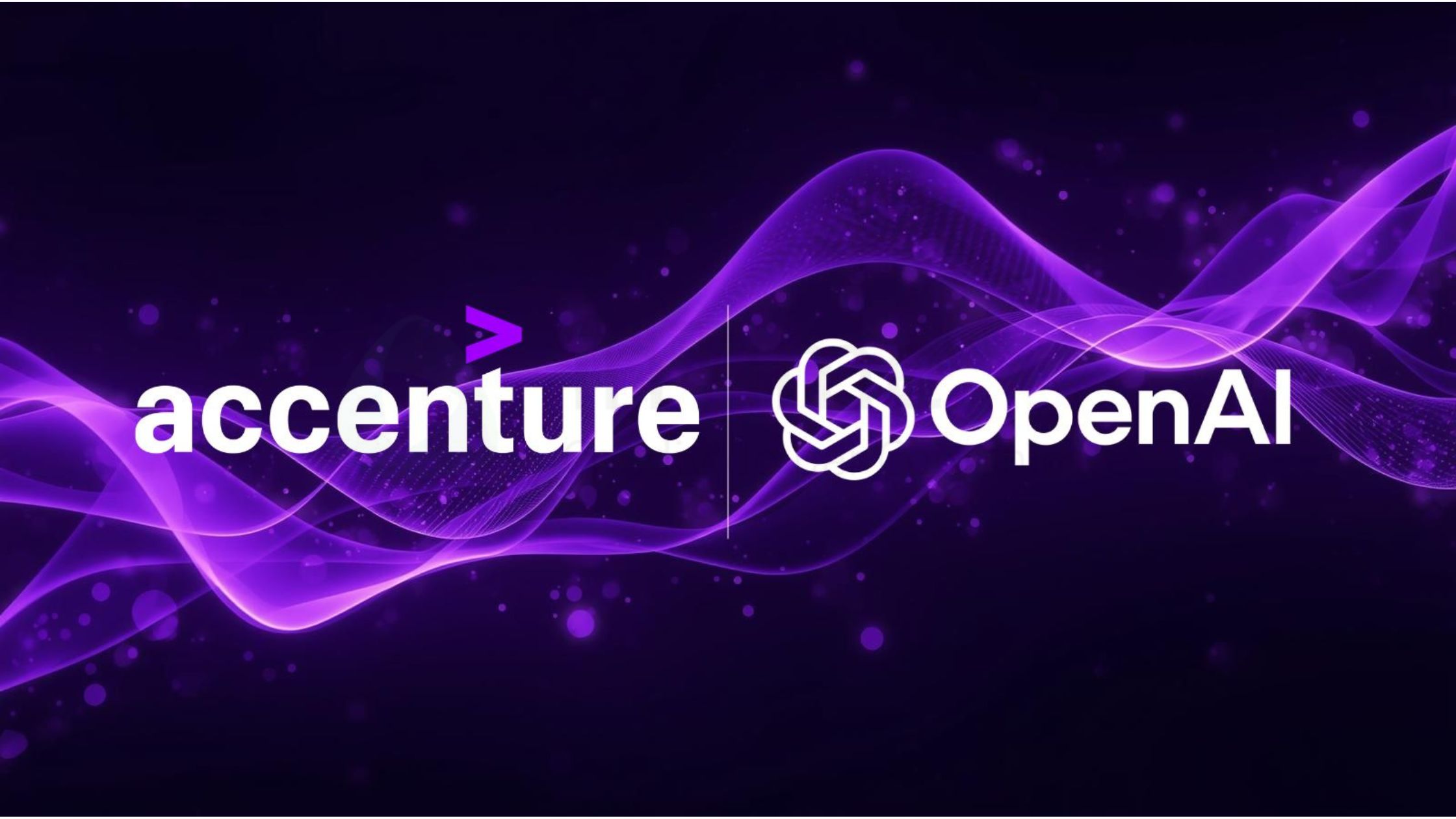
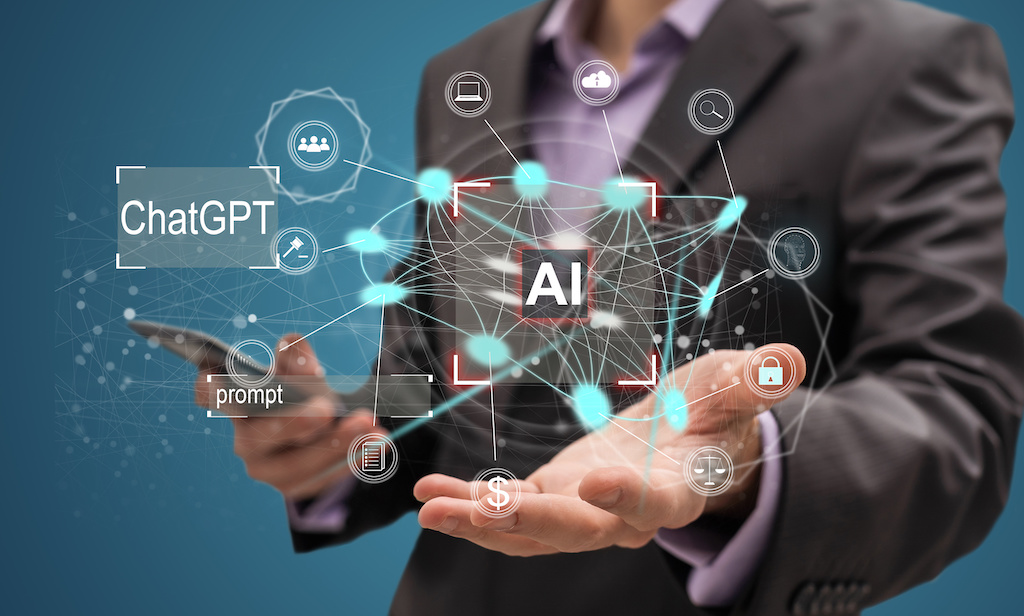


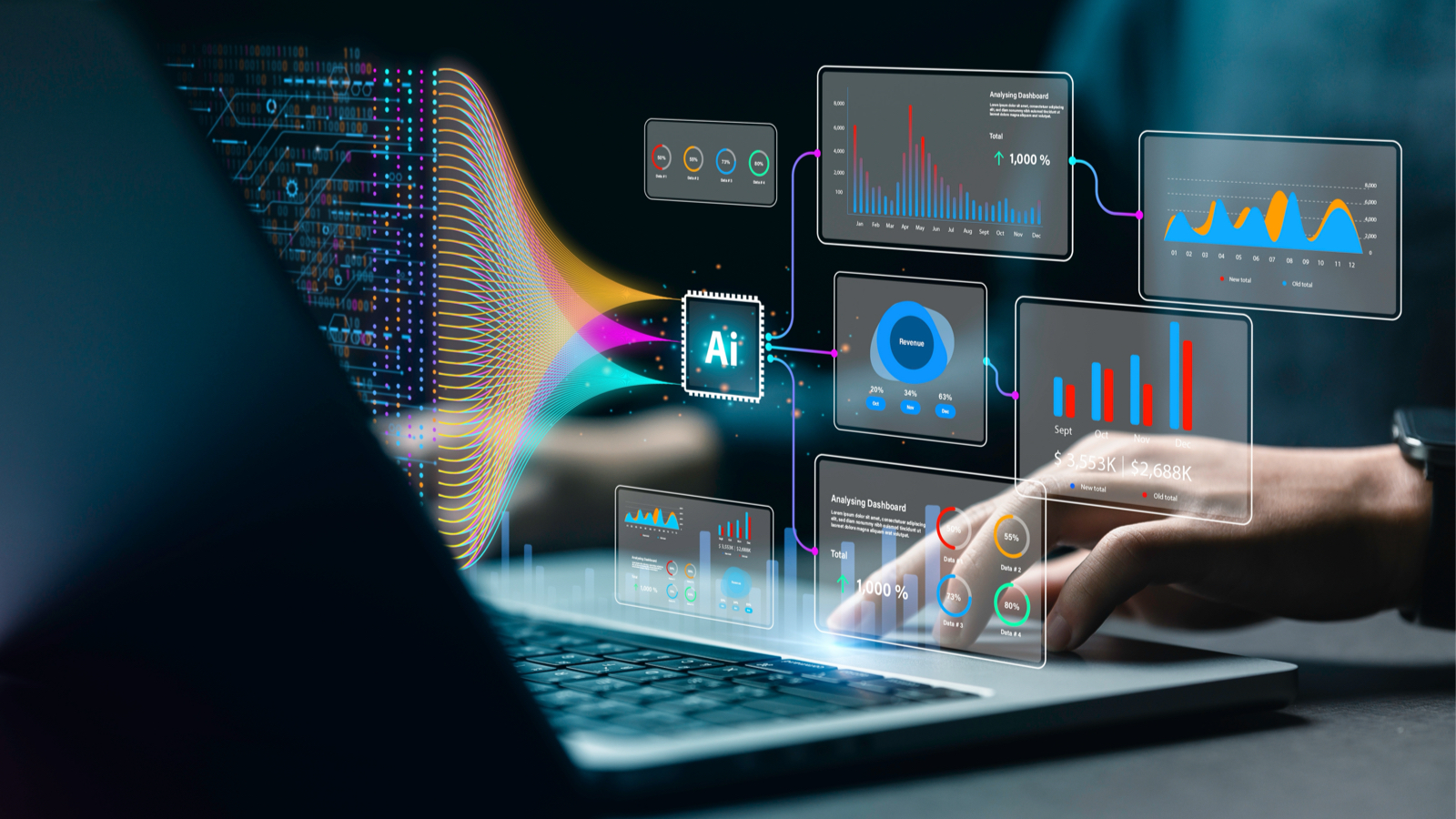






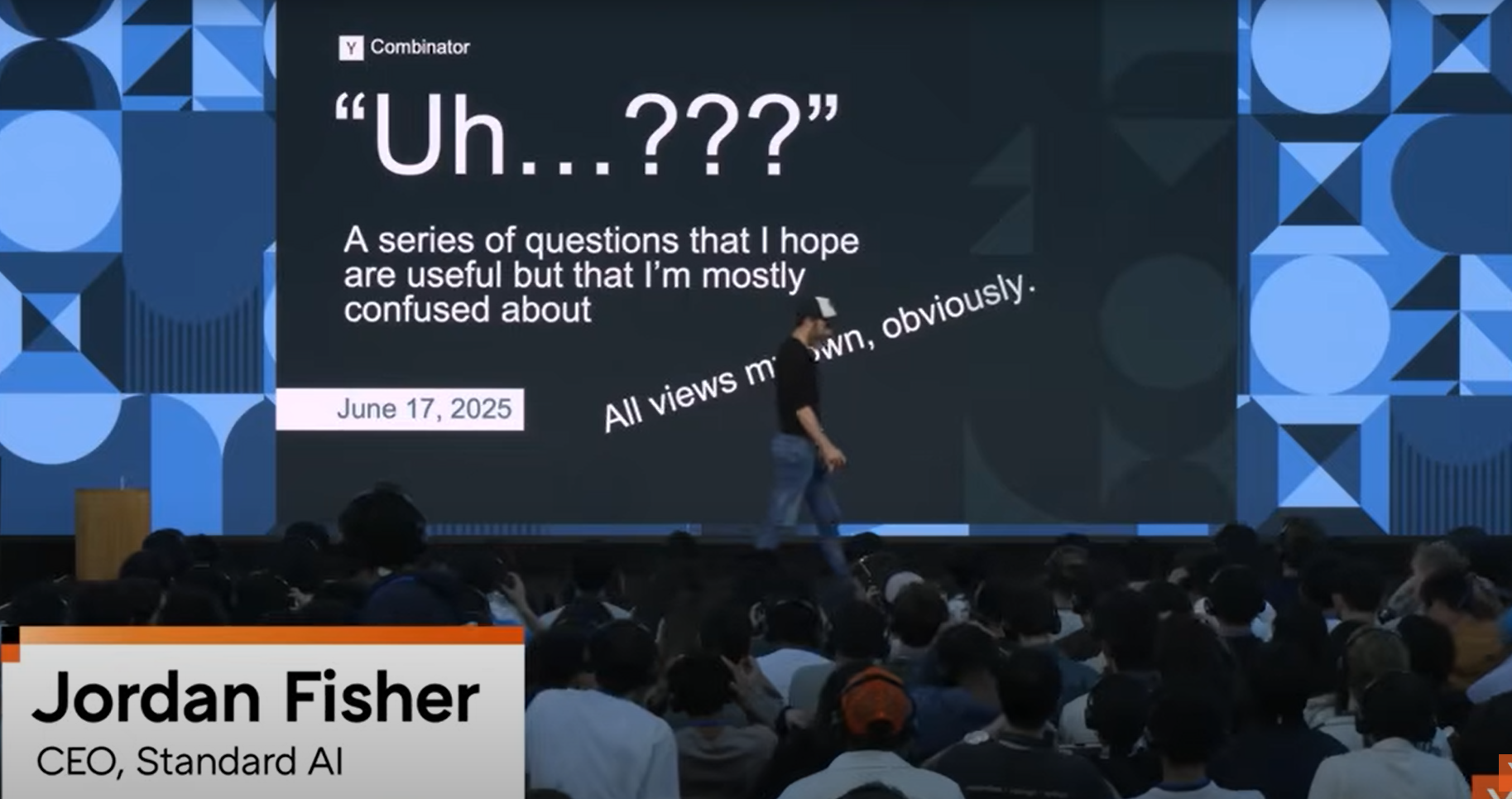




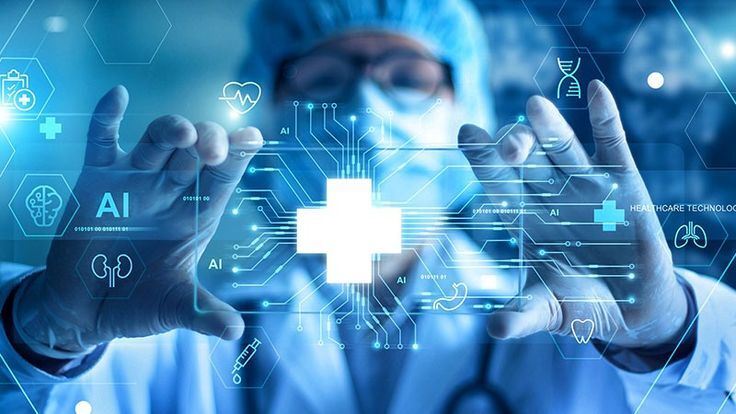

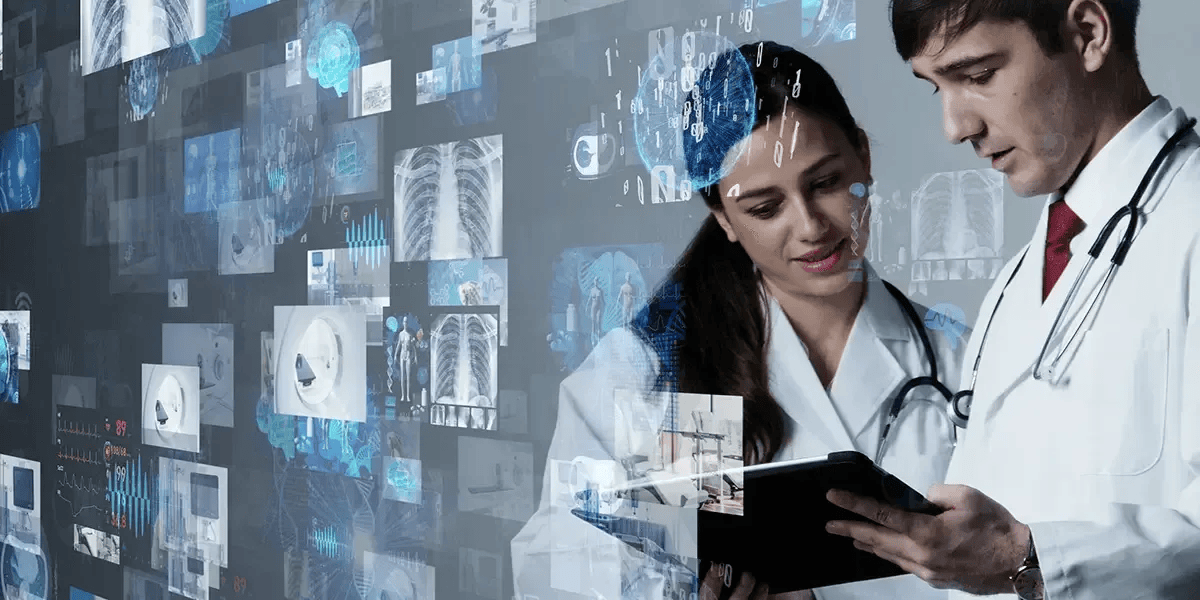



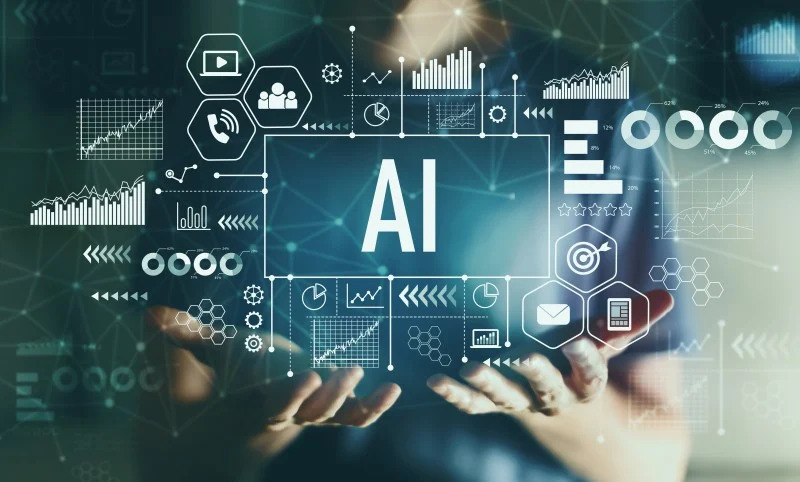
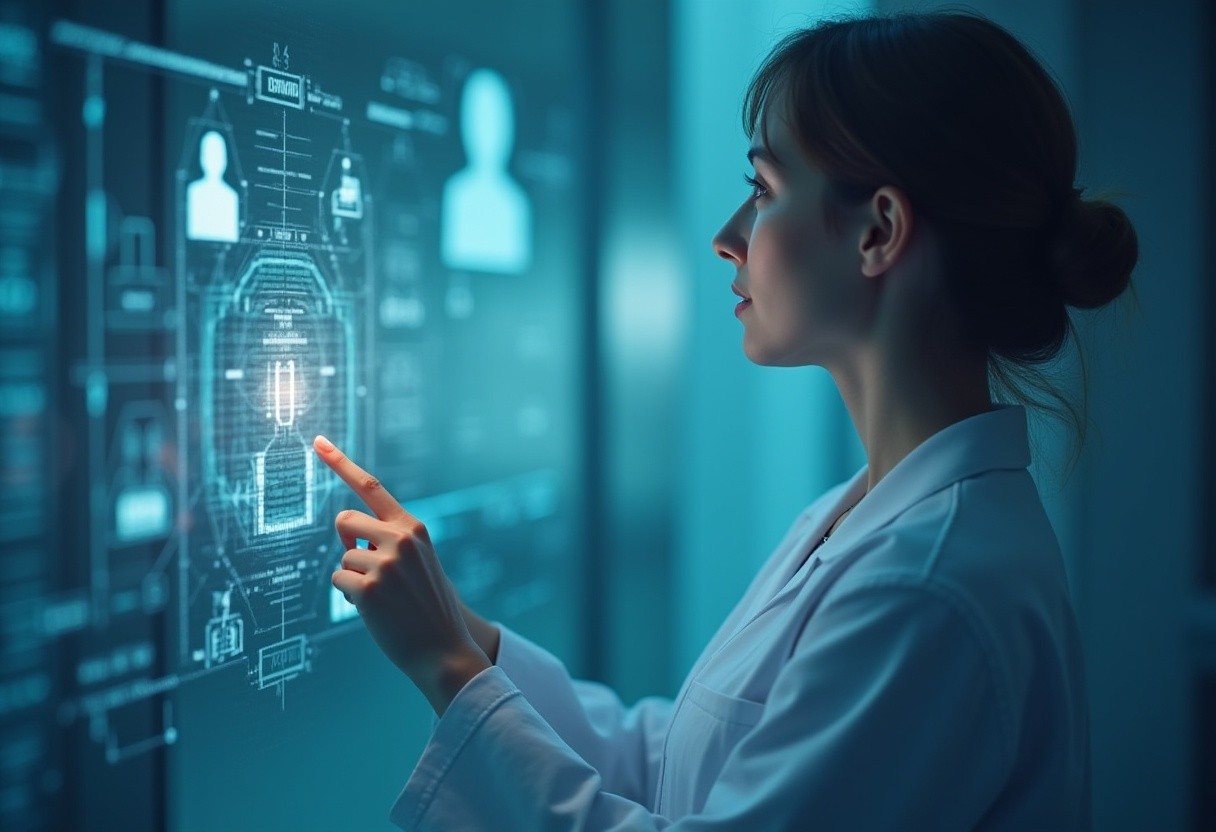








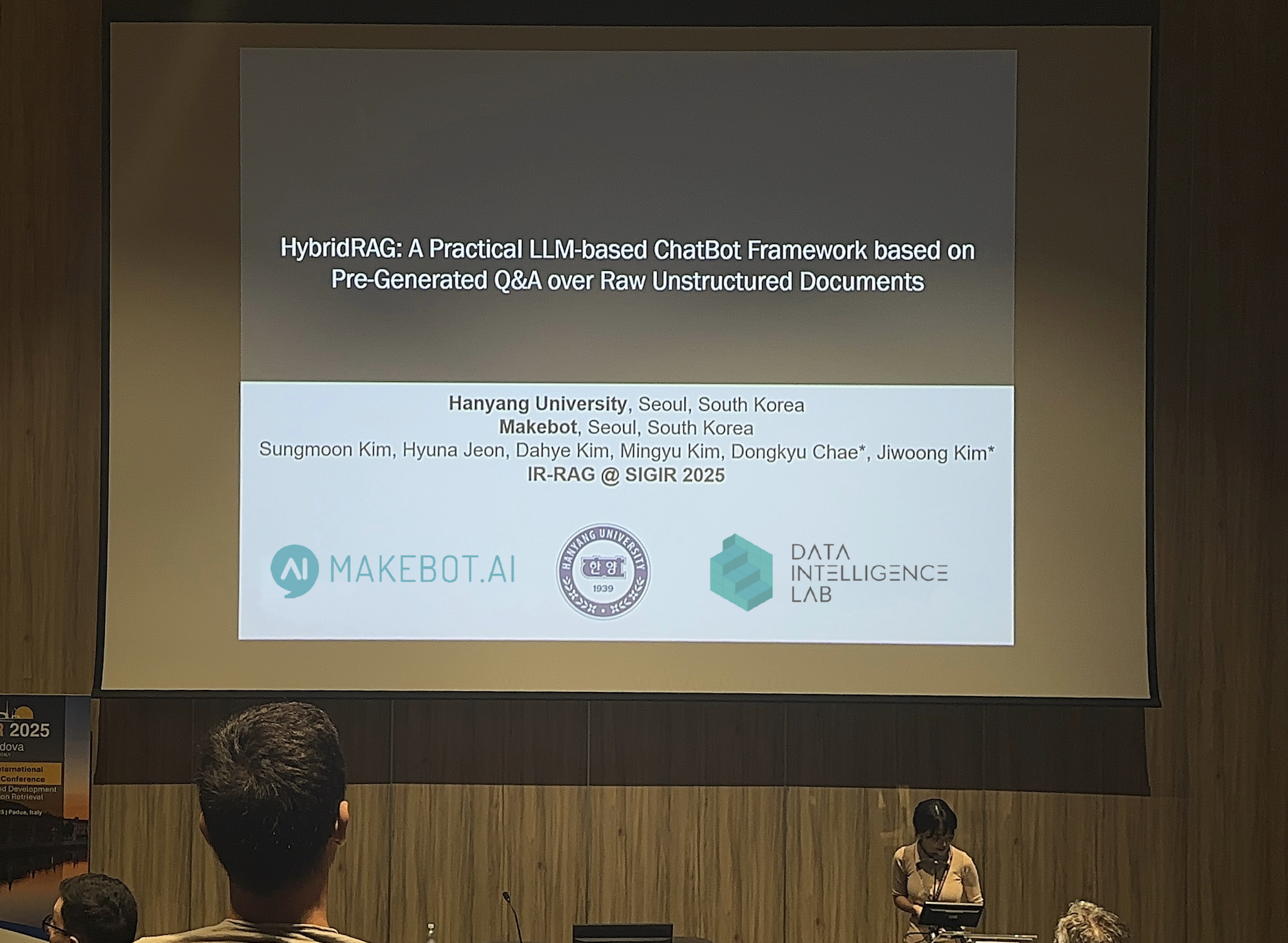








_2.png)












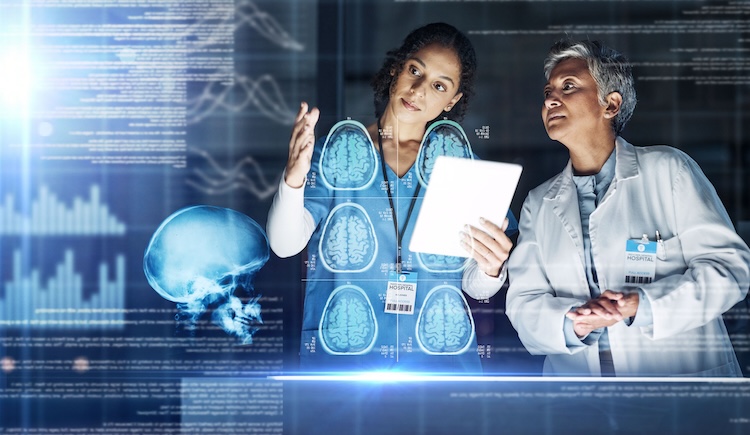





.jpg)













